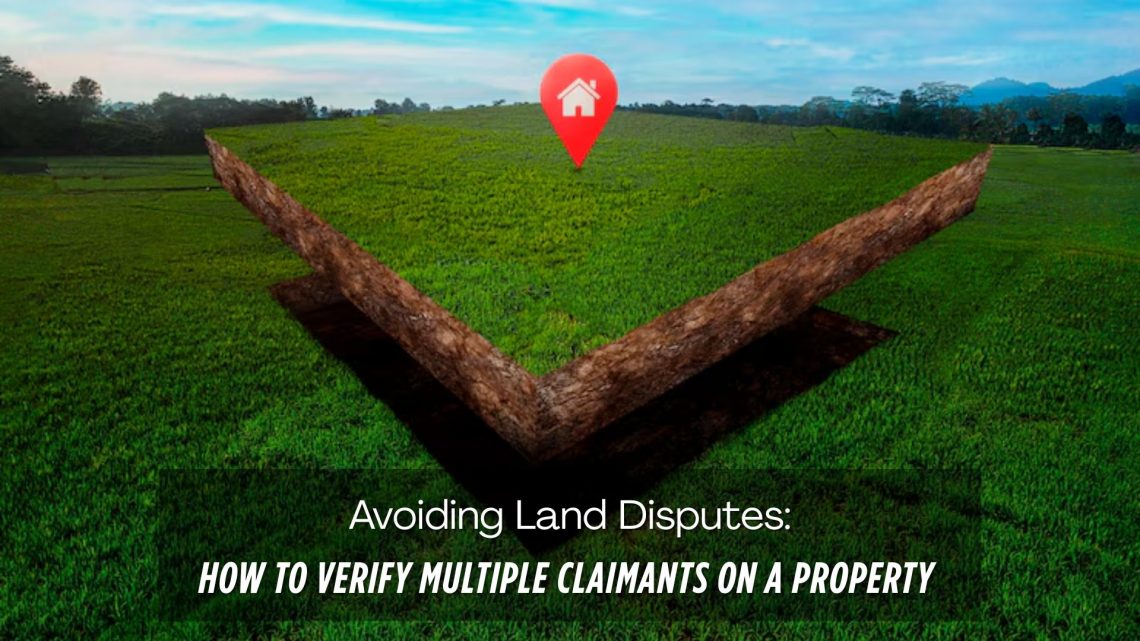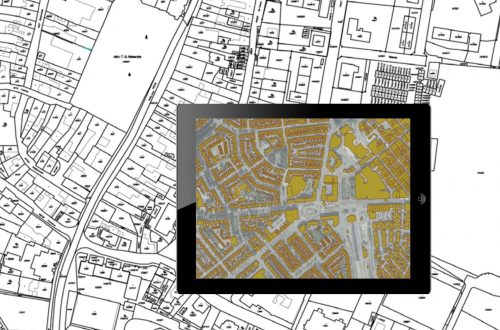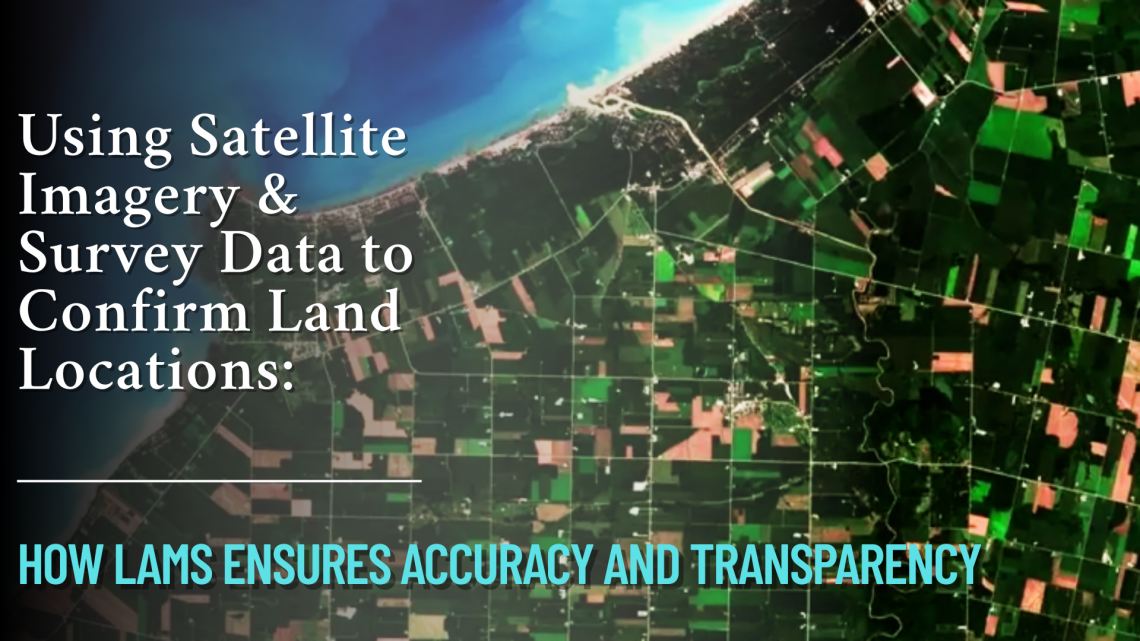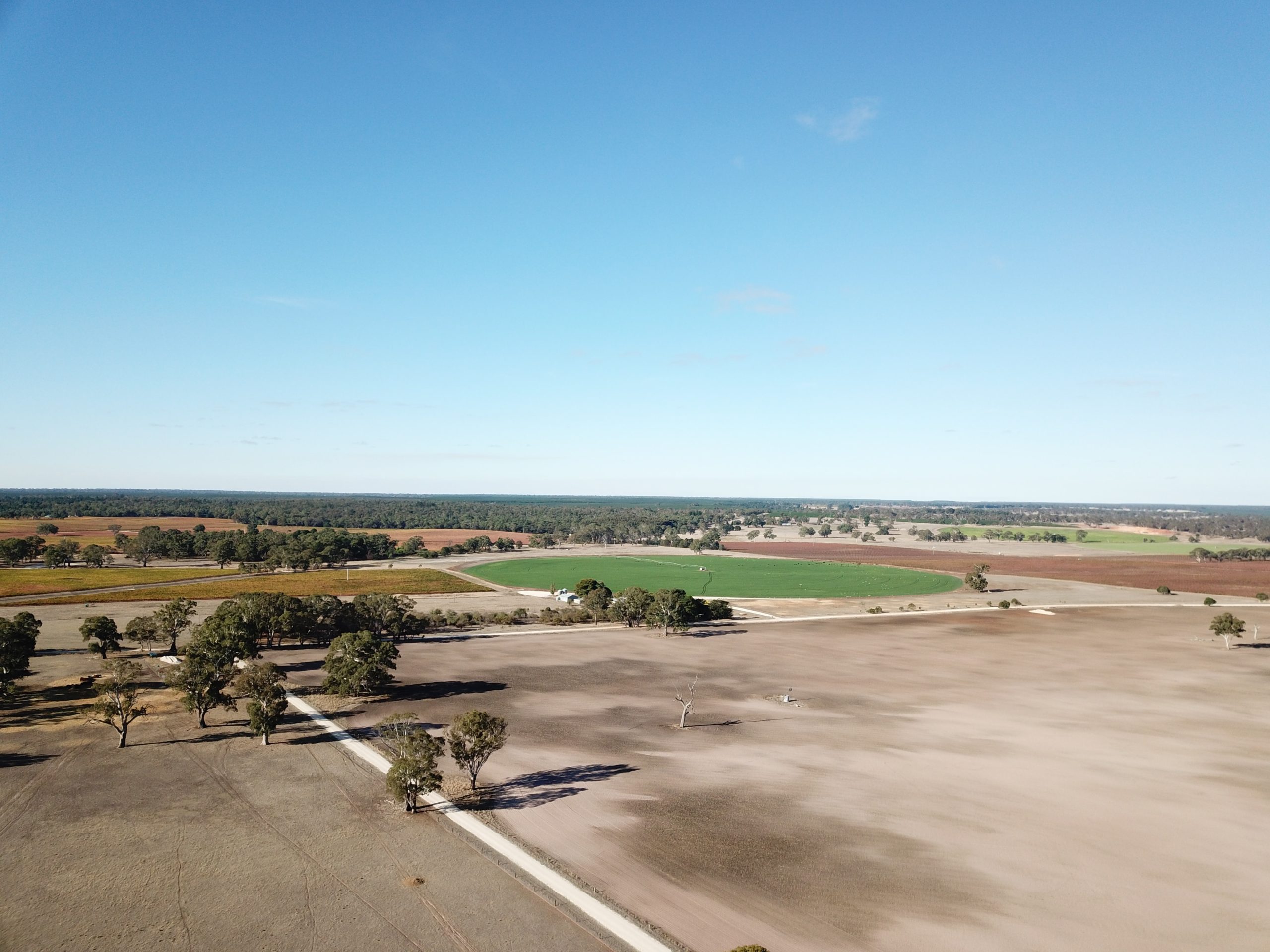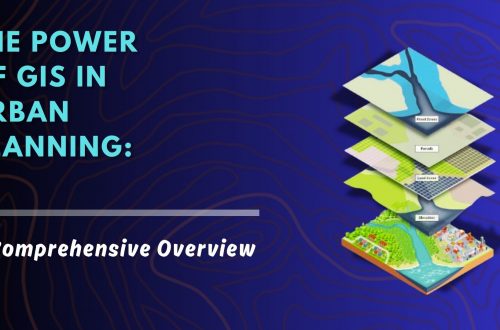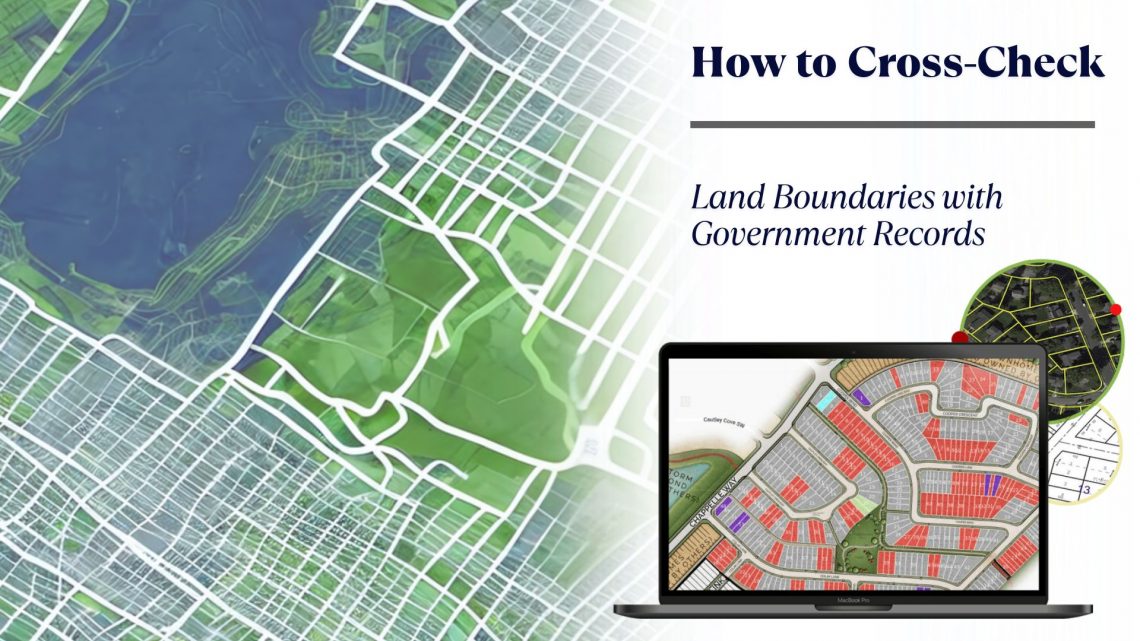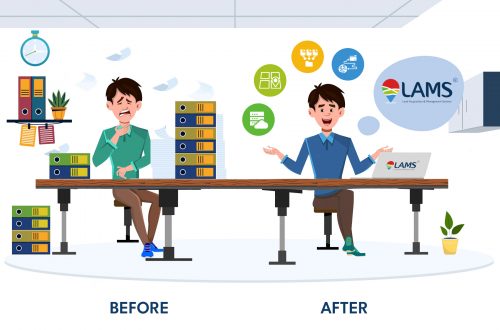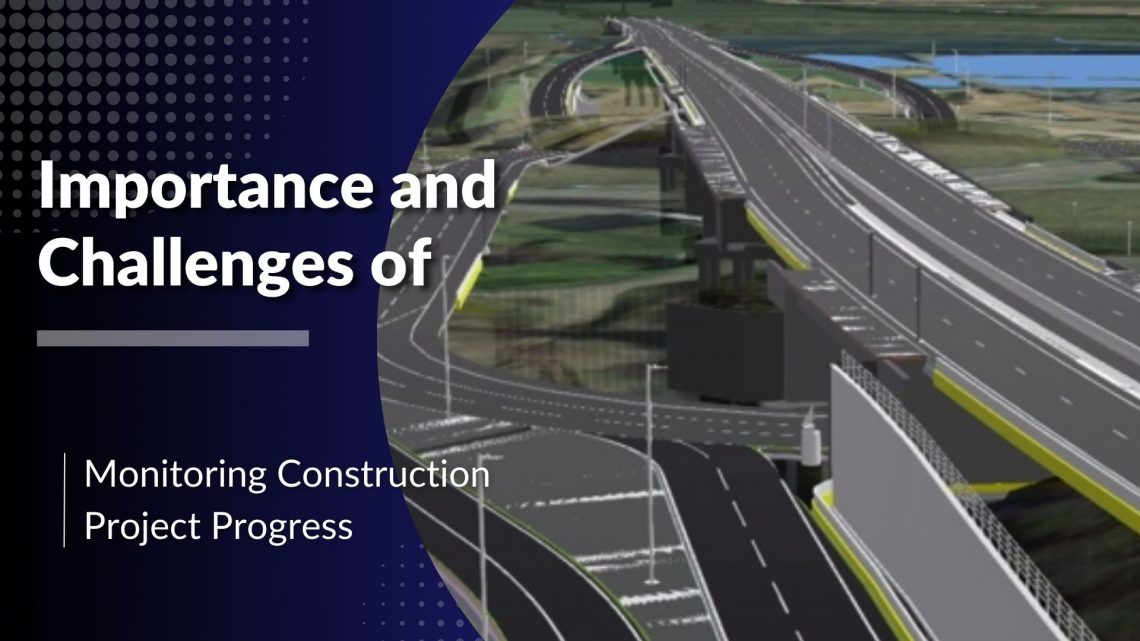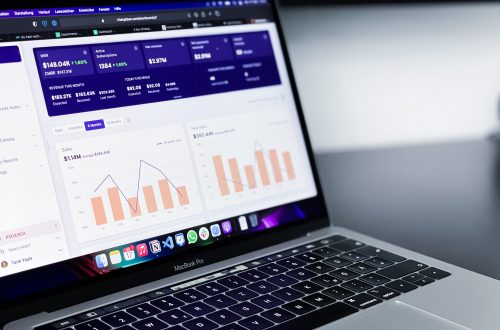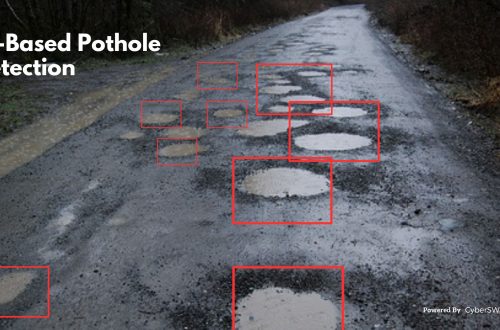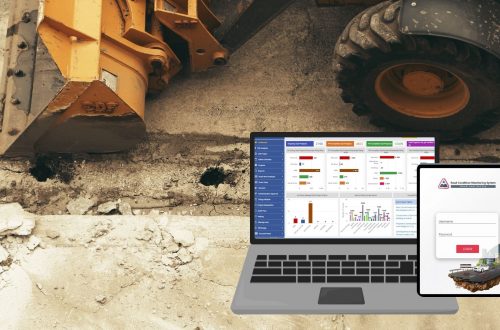-
Avoiding Land Disputes: How to Verify Multiple Claimants on a Property
Land disputes are among the most common and complex legal issues globally, especially in countries with fragmented land records and inadequate land management systems. One of the key reasons behind these disputes is multiple claimants asserting ownership over the same piece of land. Whether it’s due to historical inheritance, undocumented transactions, or fraudulent claims, such scenarios can lead to prolonged litigation, stalled infrastructure projects, and massive financial losses. In this blog, we explore practical strategies to verify multiple claimants on a property, prevent potential disputes, and highlight how digital solutions like CyberSWIFT LAMS (Land Acquisition Management System) can help streamline the verification and dispute avoidance process. Why Do Multiple Claims…
-
Using Satellite Imagery & Survey Data to Confirm Land Locations: How LAMS Ensures Accuracy and Transparency
In the age of digital transformation, managing land assets with precision has become a necessity for government bodies, infrastructure developers, and enterprises alike. With challenges like land disputes, overlapping claims, outdated land records, and encroachments plaguing traditional land management, the integration of satellite imagery and survey data offers a revolutionary approach. CyberSWIFT’s Land Management System (LAMS) leverages the power of satellite technology and on-ground surveys to validate, map, and manage land locations with unmatched accuracy. Why Accurate Land Location Matters Accurate land location data is foundational to: Resolving ownership disputes Preventing encroachments Accelerating land acquisition processes Ensuring compliance with government regulations Facilitating informed infrastructure planning and development Any ambiguity in land boundary definitions…
-
Urban Development Property Survey & Mapping: Powering Smart Cities with Precision
As cities continue to grow rapidly, efficient property administration and urban planning have become more crucial than ever. A property survey and mapping system acts as the foundation for sustainable urban development, facilitating everything from infrastructure planning to legal property ownership. By integrating cutting-edge technologies like Geographic Information Systems (GIS), Unmanned Aerial Vehicles (UAVs), and centralized digital property databases, municipalities and private developers can ensure accurate, transparent, and accessible property records. Let’s explore how this process works, why it’s essential, and how it’s shaping the future of smart cities. Why Property Survey & Mapping is Essential in Urban Development Inaccurate property boundaries, outdated property records, and unchecked encroachments have long hindered…
-
How to Cross-Check Land Boundaries with Government Records
Accurately verifying land boundaries is a crucial step in any land-related transaction—be it purchase, sale, lease, or development. Inaccurate or unclear boundaries can lead to legal disputes, financial losses, or project delays. One of the most effective ways to prevent such issues is by cross-checking land boundaries with official government records. Thanks to technological advancements, especially in GIS-based land management systems and land records management systems, this process is now more efficient, accurate, and accessible than ever. In this blog, we explore the importance of cross-verifying land boundaries and the tools that simplify the process, such as land allotment software, land information management systems, and land lease management tools. Why Cross-Checking…
-
How to Identify the Correct Plot of Land Using GIS & Cadastral Maps
In real estate, infrastructure development, and urban planning, precise land parcel identification is essential. Whether acquiring land for a new project, managing large agricultural tracts, or overseeing land assets for a government or corporate entity, inaccuracies can result in legal conflicts, project setbacks, and financial risks. This is where GIS (Geographic Information System) and cadastral maps come into play—serving as the technological foundation of modern land management, enabling users to accurately locate and verify land plots with confidence. Let’s explore how GIS and cadastral mapping technologies help in identifying the correct plot of land and how land management systems are revolutionizing land-related operations. Understanding GIS and Cadastral Maps What is GIS? GIS…
-
Importance and Challenges of Monitoring Construction Project Progress
The construction industry is known for its complex projects that involve multiple stakeholders, strict deadlines, and substantial financial investments. Ensuring the timely and efficient completion of these projects requires meticulous monitoring of work progress. A web-based project monitoring system plays a crucial role in streamlining this process by offering real-time insights, reducing errors, and enhancing communication among teams. However, despite the technological advancements, project managers still face several challenges in monitoring construction progress effectively. Importance of Monitoring Construction Project Progress 1. Ensuring Timely Completion Construction projects typically operate on tight schedules. Monitoring progress helps project managers ensure that tasks are completed as planned, reducing the risk of delays. By leveraging a…
-
Forest Survey and Mapping: Enhancing Accuracy with GIS and MIS Technology
Forest survey and mapping play a crucial role in environmental conservation, resource management, and biodiversity protection. Traditional methods of surveying forests relied on manual data collection, which was often time-consuming and prone to errors. However, with the advent of modern technologies like Geographic Information System (GIS) and Management Information System (MIS), forest mapping has become more efficient, accurate, and scalable. These tools help in monitoring forest health, land-use planning, and policy-making. In this blog, we will explore how GIS and MIS enhance forest survey and mapping, their key features, challenges, and future scope. The Role of GIS in Forest Survey and Mapping 1. Geospatial Data Collection GIS allows for the…
-
Challenges in Hoarding Management for Municipal Corporations and GIS-Based Solutions
Hoardings play a crucial role in urban advertising, generating substantial revenue for municipal corporations. However, managing these hoardings efficiently presents numerous challenges. Unauthorized hoardings, revenue leakages, and lack of proper monitoring mechanisms create inefficiencies in the system. The introduction of a Hoarding Management System integrated with GIS technology provides an innovative solution to these issues. Key Challenges in Hoarding Management 1. Identification of Potential Revenue Municipal corporations often struggle to assess the exact revenue that can be collected from hoardings. The disparity between actual and potential revenue arises due to unregistered hoardings and inefficiencies in tax collection. A Hoarding Management System enables authorities to track and assess the revenue potential more accurately.…
-
Challenges in Monitoring Road Infrastructure and GIS-Based Solutions
Road infrastructure is the backbone of a country’s economy, facilitating trade, transportation, and connectivity. However, maintaining and monitoring road conditions is a complex task due to various challenges such as wear and tear, weather conditions, increasing vehicular load, and lack of real-time data. Traditional road monitoring methods often rely on manual inspections, which are time-consuming, expensive, and prone to errors. The integration of Geographic Information Systems (GIS) into road infrastructure monitoring provides a more efficient, accurate, and cost-effective solution. AI-based Road Condition Monitoring Systems leverage advanced machine learning algorithms and computer vision to detect road damages such as potholes, cracks, and surface degradation in real-time. These systems enhance efficiency by automating…
-
What is CSR Risk Management?
Corporate Social Responsibility (CSR) has become a vital part of business strategy in today’s socially conscious world. However, with the increasing focus on ethical business practices, sustainability, and social impact, organizations must effectively manage risks associated with their CSR initiatives. This is where CSR risk management plays a crucial role. CSR risk management involves identifying, assessing, and mitigating risks that could impact a company’s CSR efforts. These risks may arise from regulatory compliance issues, stakeholder expectations, financial constraints, reputational challenges, or operational inefficiencies. By implementing a CSR management software or a CSR tracking system, organizations can enhance transparency, streamline compliance, and improve the effectiveness of their CSR programs. Understanding CSR Risks CSR-related…

